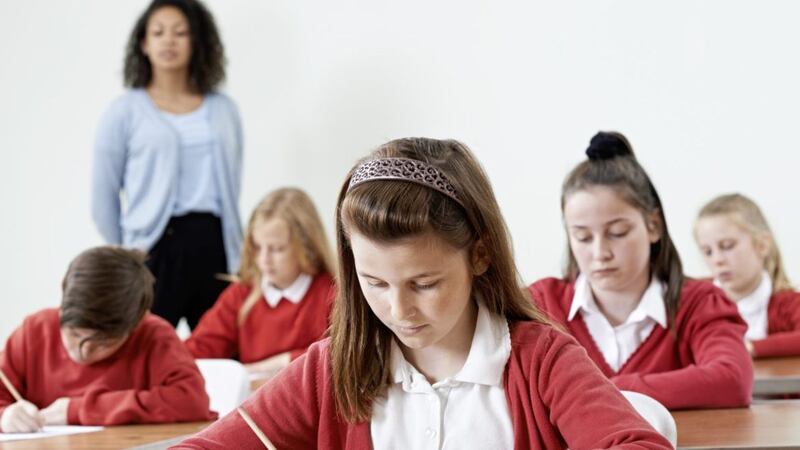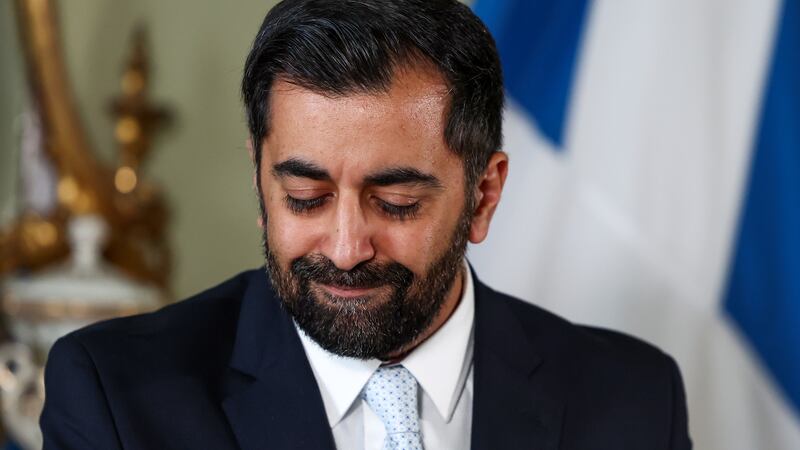NO part of Catholic education should be involved in supporting tests that promote social segregation and inequality, principals have said.
Thousands of P7s will today sit the second of this year's 11-plus exams.
A majority of grammar schools have been running their own entrance exams since the last state-sponsored 11-plus was held in November 2008.
Schools largely remain split into two camps using either the Common Entrance Assessment (CEA) or multiple-choice papers set by GL Assessment.
A total of 7,255 children have applied to sit the GL Assessment papers, up from 6,851 last year. That will involve separate English and maths tests on Saturday.
All Catholic grammar schools that use academic selection operate these multiple choice papers.
The heads of Catholic primary and secondary schools, however, object to their continued use.
Ahead of Saturday's papers, the Catholic Principals' Association (CPA) said it was opposed to "the unregulated system of social selection at 10/ 11 years of age which operates under the guise of academic testing".
In a statement, the group added: "No part of Catholic education should be involved in supporting or operating a system of selection which promotes social segregation and inequality.
"No part of Catholic education should be continuing a practice of academic selection at 10/ 11 which has been shown to damage the educational prospects of children from our most disadvantaged communities.
"No part of Catholic education should prioritise the needs of individual institutions over the needs of pupils."
In addition, the CPA said schools should oppose "regressive forces in our society in order to protect selfish, sectional interests".
It appealed to parents to let their voices be heard in bringing an outdated system to an end and with it "the distress and destruction of self – esteem to our children".
The group said educational research, the reports of the UN Committee for the Rights of the Child, the NI Human Rights Commission, the Children's Commissioner and many others had pointed to the injustice of selection.
"No part of Catholic education should abdicate its responsibility to lead on this matter," it added.
"All parts of Catholic education should work together and in partnership with progressive parties and individuals from across the community to finally bring this embarrassing and outdated fiasco to an end."
Last Saturday, around 8,100 pupils sat the first of three CEA papers. The second and third CEA papers will be taken on November 25 and December 2.


